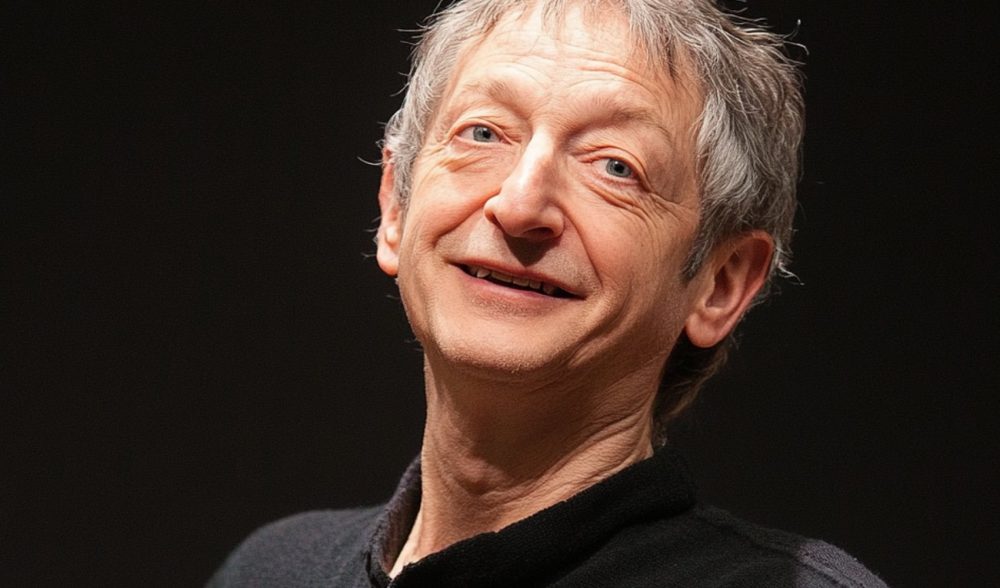Geoffrey Hinton, widely regarded as the father of deep learning and a Nobel laureate, once remarked that throughout history, less intelligent beings have never subjugated their more intelligent counterparts.
In a BBC interview at the end of 2024, he observed, “How many examples do you know of a more intelligent thing being controlled by a less intelligent thing? The only example I can think of is a mother and a child” Hinton contends that “So, it’s not obvious that we can control something that’s smarter than us.”
There is no doubt that Professor Hinton is a man of considerable intellect. However, the nature of intelligence—especially human intelligence—is far from simple.
In today’s society, the relationship between higher and lower intelligence is not merely one of subjugation. Whether one defines intelligence in terms of IQ, knowledge, education, or ultimate achievement, over eight billion individuals with varying forms of intelligence coexist on this planet. I believe that the vast majority do not feel enslaved, nor do they seek to enslave others.
Implicit in this argument is the assumption that humans possess the highest form of intelligence on Earth. Yet, this notion appears rather awkward in the wake of the recent pandemic. Viruses—creatures that seemingly lack intelligence—ultimately bested humanity. Despite our exhaustive efforts, we were forced to learn to coexist with them. In some respects, the intrinsic mechanisms of viruses bear a striking resemblance to the operations of artificial intelligence. If a virus represents another form of “intelligence,” is it then subjugating us?
Furthermore, one might ask: Are humans the sole intelligent beings in the universe? If we are not the only intelligent entities in existence, on what basis can we claim to be the most intelligent? Consider the possibility of even more advanced extraterrestrial beings—why would they take pleasure in subjugating us?
Thus, it seems to me that different forms of intelligence—whether existing today or emerging in the future—can coexist within our world. While Professor Hinton’s warnings merit careful consideration, they may not constitute the only path forward. As AI continues to evolve, humanity too has the capacity to grow. Ultimately, it is our choices that will shape the future.

